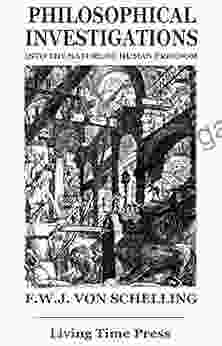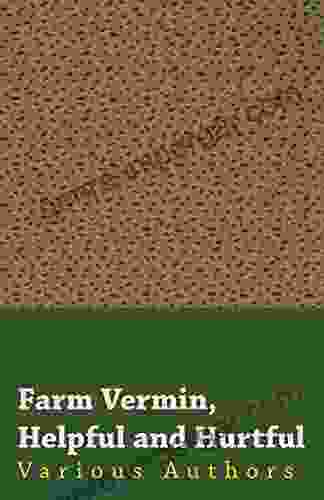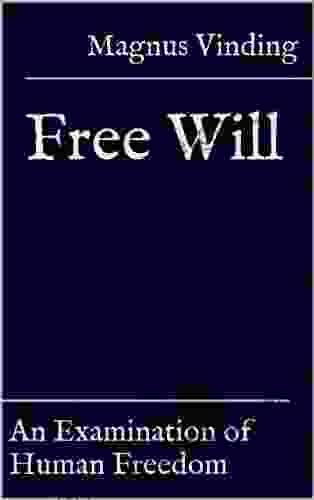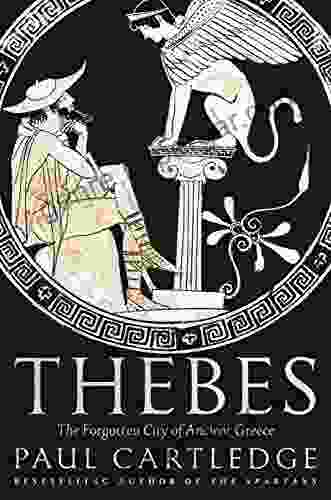Philosophical Investigations Into the Nature of Human Freedom: Unraveling the Enigma


The concept of human freedom has captivated philosophers for centuries, tantalizing us with its elusive nature. Is our will truly our own, or are we merely puppets dancing to the tune of fate? Can we hold ourselves morally accountable for our actions if our choices are predetermined? These are just a few of the profound questions that arise in our exploration of human freedom.
In this article, we will embark on a philosophical investigation into the nature of this enigmatic concept, delving into the depths of its meaning and implications. We will examine the arguments for and against free will, exploring the complexities of determinism, existentialism, and autonomy. Through this journey, we will gain a deeper understanding of the fundamental nature of our own existence and the choices we make as human beings.
Determinism vs. Free Will
One of the central debates in the philosophy of freedom is the age-old question of determinism versus free will. Determinism posits that all events, including human choices, are causally determined by prior events. In other words, our actions are the inevitable result of a chain of cause and effect that extends back to the very beginning of the universe. If this is true, then the concept of free will becomes problematic. How can we be held responsible for our actions if they are not truly our own but rather the product of external forces beyond our control?
Proponents of free will, on the other hand, argue that we possess the ability to make genuine choices that are not dictated by prior events. They maintain that we have the power to shape our own destinies and that our actions are the result of our own volitions. This view emphasizes the importance of individual autonomy and moral responsibility, holding us accountable for the consequences of our choices.
Existentialism and the Absurdity of Freedom
Existentialist philosophers have grappled with the concept of freedom in a unique way. They argue that freedom is not something that is given to us but rather something that we must create for ourselves. In the face of an often meaningless and absurd world, existentialists posit that we have the freedom to choose our own values and create our own meaning.
This view of freedom, however, is not without its challenges. If there is no objective meaning or purpose to life, then what is the point of our choices? How can we justify our actions if there is no ultimate standard against which they can be measured? Existentialists grapple with these paradoxes, exploring the complexities of human existence and the ultimate responsibility that comes with the freedom to create our own meaning.
Autonomy and Moral Responsibility
Closely related to the concept of free will is the notion of autonomy. Autonomy refers to our ability to make decisions and act independently, without being coerced or manipulated by external forces. It is an essential aspect of human freedom, enabling us to live our lives according to our own values and beliefs.
The concept of autonomy raises important questions about moral responsibility. If we are truly autonomous beings, then we must be held accountable for our actions. We cannot simply blame our circumstances or external influences for our choices. However, the question of whether we can be truly autonomous in a world where our choices are shaped by countless factors is a complex one that philosophers continue to debate.
The nature of human freedom is a multifaceted and enigmatic concept that has occupied the minds of philosophers for centuries. Through our investigation into the arguments for and against free will, the complexities of determinism, existentialism, and autonomy, we have gained a deeper understanding of the fundamental nature of our own existence and the choices we make as human beings.
Whether we ultimately believe that our will is truly free or that our choices are predetermined, the concept of freedom has profound implications for our lives. It shapes our sense of responsibility, our ability to create meaning, and our relationships with others. By continuing to explore the nature of human freedom, we not only deepen our understanding of ourselves but also illuminate the complexities of the human condition.
And as we delve further into this philosophical inquiry, we may just discover that the true nature of human freedom lies not in finding definitive answers but in the very act of questioning and exploring the depths of our own existence.
Do you want to contribute by writing guest posts on this blog?
Please contact us and send us a resume of previous articles that you have written.
 Book
Book Novel
Novel Page
Page Chapter
Chapter Text
Text Story
Story Genre
Genre Reader
Reader Library
Library Paperback
Paperback E-book
E-book Magazine
Magazine Newspaper
Newspaper Paragraph
Paragraph Sentence
Sentence Bookmark
Bookmark Shelf
Shelf Glossary
Glossary Bibliography
Bibliography Foreword
Foreword Preface
Preface Synopsis
Synopsis Annotation
Annotation Footnote
Footnote Manuscript
Manuscript Scroll
Scroll Codex
Codex Tome
Tome Bestseller
Bestseller Classics
Classics Library card
Library card Narrative
Narrative Biography
Biography Autobiography
Autobiography Memoir
Memoir Reference
Reference Encyclopedia
Encyclopedia Lorene Payne
Lorene Payne Marcello Simonetta
Marcello Simonetta Lisa Leitz
Lisa Leitz Lester Tobias
Lester Tobias Majid Mohammadi
Majid Mohammadi Lewis Abraham
Lewis Abraham Lucy Willetts
Lucy Willetts S C Megale
S C Megale Marc J Assael
Marc J Assael Lucy Dickens
Lucy Dickens Luke Ritter
Luke Ritter Lucas Reijnders
Lucas Reijnders Linda Murphy Marshall
Linda Murphy Marshall Lisa Forbes
Lisa Forbes Marc Sandalow
Marc Sandalow Lynda Hacker Araoz
Lynda Hacker Araoz Mark David
Mark David Roy Porter
Roy Porter Richard Paul
Richard Paul Linda Jones Hall
Linda Jones Hall
Light bulbAdvertise smarter! Our strategic ad space ensures maximum exposure. Reserve your spot today!
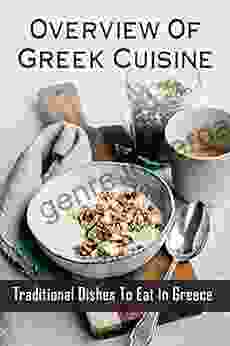
 Henry David ThoreauOverview of Greek Cuisine: A Culinary Journey Through the Mediterranean
Henry David ThoreauOverview of Greek Cuisine: A Culinary Journey Through the Mediterranean Brent FosterFollow ·11.1k
Brent FosterFollow ·11.1k Jaime MitchellFollow ·13.1k
Jaime MitchellFollow ·13.1k Garrett BellFollow ·4.1k
Garrett BellFollow ·4.1k Marvin HayesFollow ·11k
Marvin HayesFollow ·11k Isaias BlairFollow ·18.8k
Isaias BlairFollow ·18.8k John SteinbeckFollow ·17.9k
John SteinbeckFollow ·17.9k Mario BenedettiFollow ·10.9k
Mario BenedettiFollow ·10.9k Junot DíazFollow ·6k
Junot DíazFollow ·6k

 J.D. Salinger
J.D. SalingerThe Montefeltro Conspiracy Renaissance Mystery Decoded
In the heart of the Italian Renaissance, a...
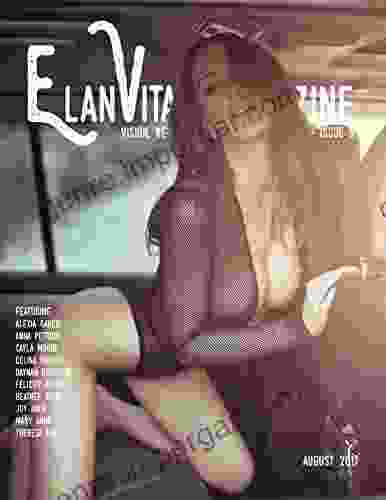
 Ryūnosuke Akutagawa
Ryūnosuke AkutagawaElan Vital Magazine: A Literary Sanctuary for the Mind...
In this fast-paced digital age, where...
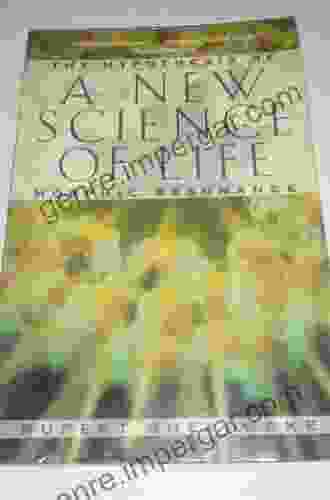
 Derek Bell
Derek BellCode Biology: Unveiling the New Science of Life
Every living organism, from...
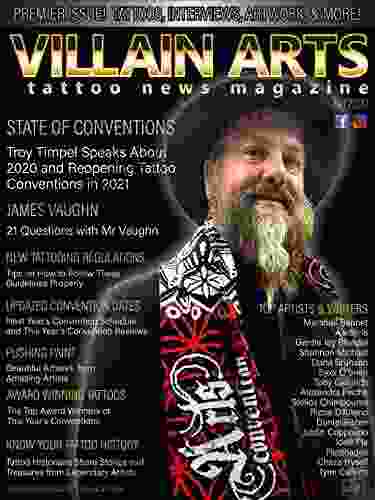
 Rick Nelson
Rick NelsonUnleash the Darkness: Dive into the World of Villain Arts...
Prepare to be...
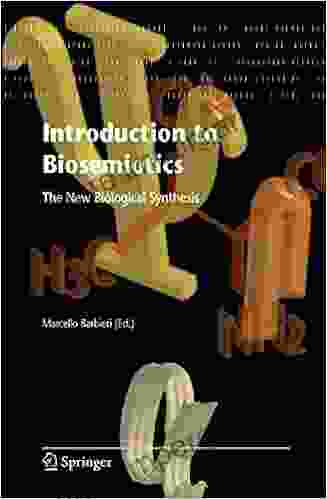
 Tony Carter
Tony CarterEmbark on a Scientific Odyssey: Unveil the Secrets of...
In an era where environmental concerns...


